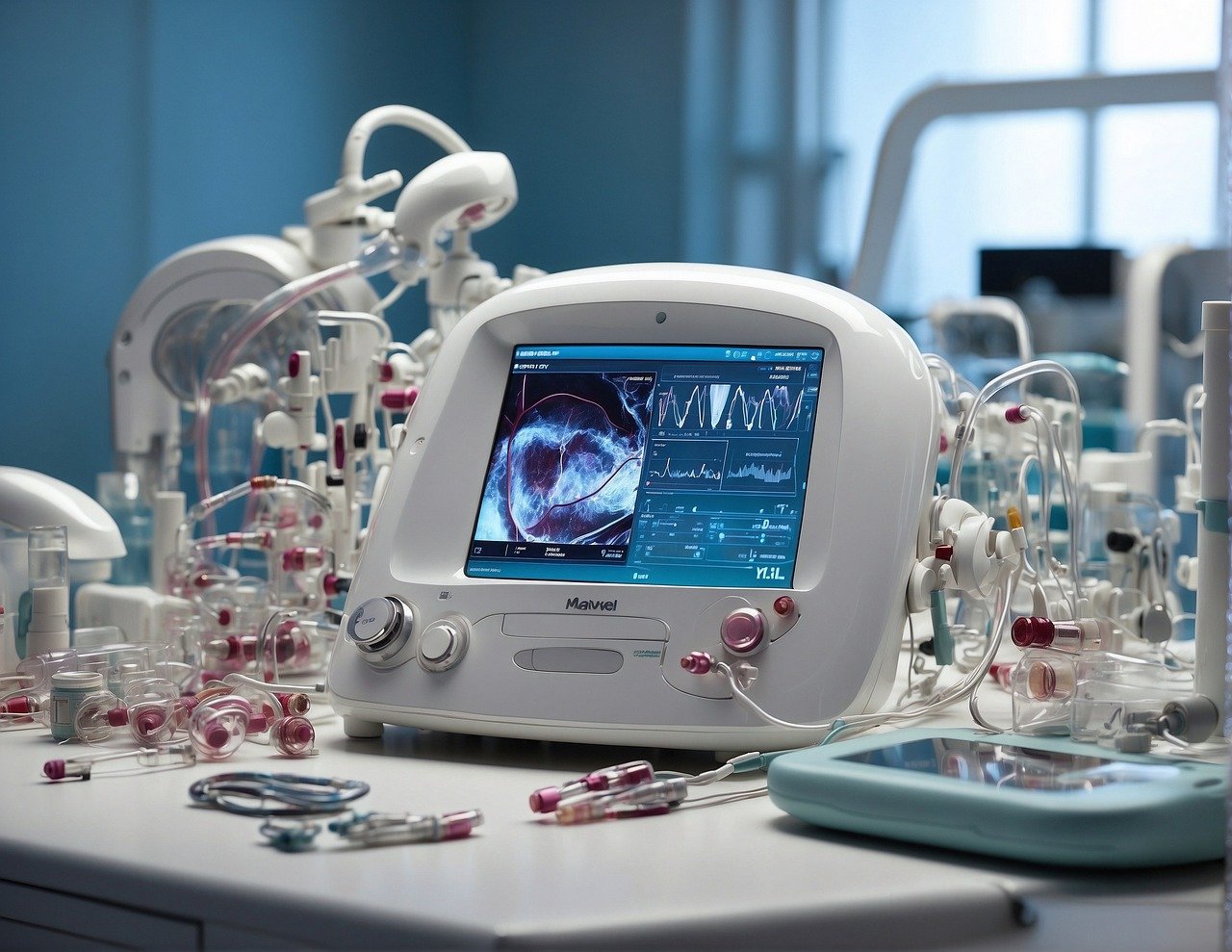Top Job Opportunities in Healthcare Across Ghana
The healthcare sector in Ghana is experiencing significant growth, driven by an increasing population, rising health awareness, and government initiatives aimed at improving healthcare delivery. As a result, numerous job opportunities are emerging across various fields within the healthcare system. This article explores the top job opportunities in healthcare in Ghana, providing insights into the roles, required qualifications, and potential career paths.
The Growing Demand for Healthcare Professionals
Ghana’s healthcare system is evolving, with a focus on expanding access to quality healthcare services. According to the World Health Organization (WHO), Ghana has made substantial progress in improving health indicators, but challenges remain. The country faces a shortage of healthcare professionals, particularly in rural areas, creating a demand for qualified individuals in various healthcare roles.
Statistics Highlighting the Need for Healthcare Workers
- As of 2021, Ghana had approximately 1.5 doctors per 10,000 people, significantly lower than the WHO recommendation of 1:1,000.
- The nurse-to-patient ratio in Ghana is about 1:1,000, indicating a critical shortage of nursing staff.
- Government initiatives aim to increase the number of healthcare professionals by 50% by 2025.
These statistics underscore the urgent need for healthcare professionals in Ghana, making it an opportune time for individuals seeking careers in this field.
Top Job Opportunities in Healthcare
Here are some of the most promising job opportunities in the healthcare sector in Ghana:
1. Medical Doctors
Medical doctors are at the forefront of healthcare delivery. They diagnose and treat illnesses, prescribe medications, and provide preventive care. In Ghana, there is a high demand for doctors, especially in rural areas where healthcare facilities are limited.
Qualifications and Training
- A Bachelor of Medicine and Bachelor of Surgery (MBChB) degree from an accredited medical school.
- Completion of a one-year housemanship program.
- Registration with the Medical and Dental Council of Ghana.
Career Path and Opportunities
Doctors can specialize in various fields such as pediatrics, surgery, internal medicine, and obstetrics. Opportunities exist in public hospitals, private clinics, and non-governmental organizations (NGOs).
2. Nurses and Midwives
Nurses and midwives play a crucial role in patient care, health education, and community health initiatives. The demand for skilled nurses and midwives is particularly high in rural areas and underserved communities.
Qualifications and Training
- A diploma or degree in nursing or midwifery from an accredited institution.
- Registration with the Nursing and Midwifery Council of Ghana.
Career Path and Opportunities
Nurses can specialize in areas such as critical care, pediatrics, and community health. They can work in hospitals, clinics, schools, and community health organizations.
3. Pharmacists
Pharmacists are essential in ensuring the safe and effective use of medications. They provide medication therapy management, counsel patients on drug interactions, and collaborate with healthcare providers to optimize patient care.
Qualifications and Training
- A Bachelor of Pharmacy (BPharm) degree from an accredited institution.
- Registration with the Pharmacy Council of Ghana.
Career Path and Opportunities
Pharmacists can work in community pharmacies, hospitals, pharmaceutical companies, and regulatory agencies. There is also potential for specialization in clinical pharmacy or pharmaceutical research.
4. Laboratory Technologists
Laboratory technologists play a vital role in diagnosing diseases through laboratory tests. They analyze samples, conduct tests, and ensure the accuracy of results, which are critical for effective patient management.
Qualifications and Training
- A degree in Medical Laboratory Science from an accredited institution.
- Registration with the Health Professions Regulatory Bodies Act.
Career Path and Opportunities
Laboratory technologists can work in hospitals, diagnostic laboratories, and research institutions. They may also specialize in areas such as microbiology, hematology, or clinical chemistry.
5. Public Health Professionals
Public health professionals focus on improving community health through education, research, and policy advocacy. They work to prevent diseases, promote healthy lifestyles, and address health disparities.
Qualifications and Training
- A degree in Public Health or a related field.
- Experience in community health programs or research is an advantage.
Career Path and Opportunities
Public health professionals can work with government agencies, NGOs, and international organizations. They may focus on areas such as epidemiology, health education, or health policy.
6. Health Administrators
Health administrators manage healthcare facilities and ensure efficient operations. They oversee budgets, staff management, and compliance with regulations, playing a crucial role in the healthcare system’s functionality.
Qualifications and Training
- A degree in Health Administration, Business Administration, or a related field.
- Experience in healthcare management is beneficial.
Career Path and Opportunities
Health administrators can work in hospitals, clinics, and public health organizations. They may also pursue advanced degrees in healthcare management for higher-level positions.
7. Allied Health Professionals
Allied health professionals encompass a wide range of roles, including physiotherapists, occupational therapists, and radiographers. They provide essential support to patients and healthcare teams.
Qualifications and Training
- A degree in a specific allied health field from an accredited institution.
- Registration with the relevant professional council.
Career Path and Opportunities
Allied health professionals can work in hospitals, rehabilitation centers, and private practices. They may also specialize in areas such as sports medicine or geriatrics.
Challenges Facing Healthcare Professionals in Ghana
While the opportunities in the healthcare sector are promising, several challenges persist:
- Inadequate infrastructure and resources in many healthcare facilities.
- Low salaries and limited career advancement opportunities for some healthcare workers.
- High patient-to-provider ratios, leading to burnout among healthcare professionals.
Addressing these challenges is crucial for attracting and retaining healthcare talent in Ghana.
Conclusion
The healthcare sector in Ghana is ripe with opportunities for aspiring professionals. With a growing demand for qualified individuals across various roles, now is an excellent time to pursue a career in healthcare. From medical doctors to public health professionals, the potential for growth and impact is significant. However, it is essential to recognize and address the challenges facing the sector to ensure a sustainable and effective healthcare system for all Ghanaians.
In summary, the key takeaways from this article include:
- The healthcare sector in Ghana is expanding, creating numerous job opportunities.
- Key roles include medical doctors, nurses, pharmacists, laboratory technologists, public health professionals, health administrators, and allied health professionals.
- Challenges such as inadequate resources and low salaries must be addressed to attract and retain talent.
As Ghana continues to develop its healthcare system, the demand for skilled professionals will only increase, making it a promising field for those looking to make a difference in the lives of others.



